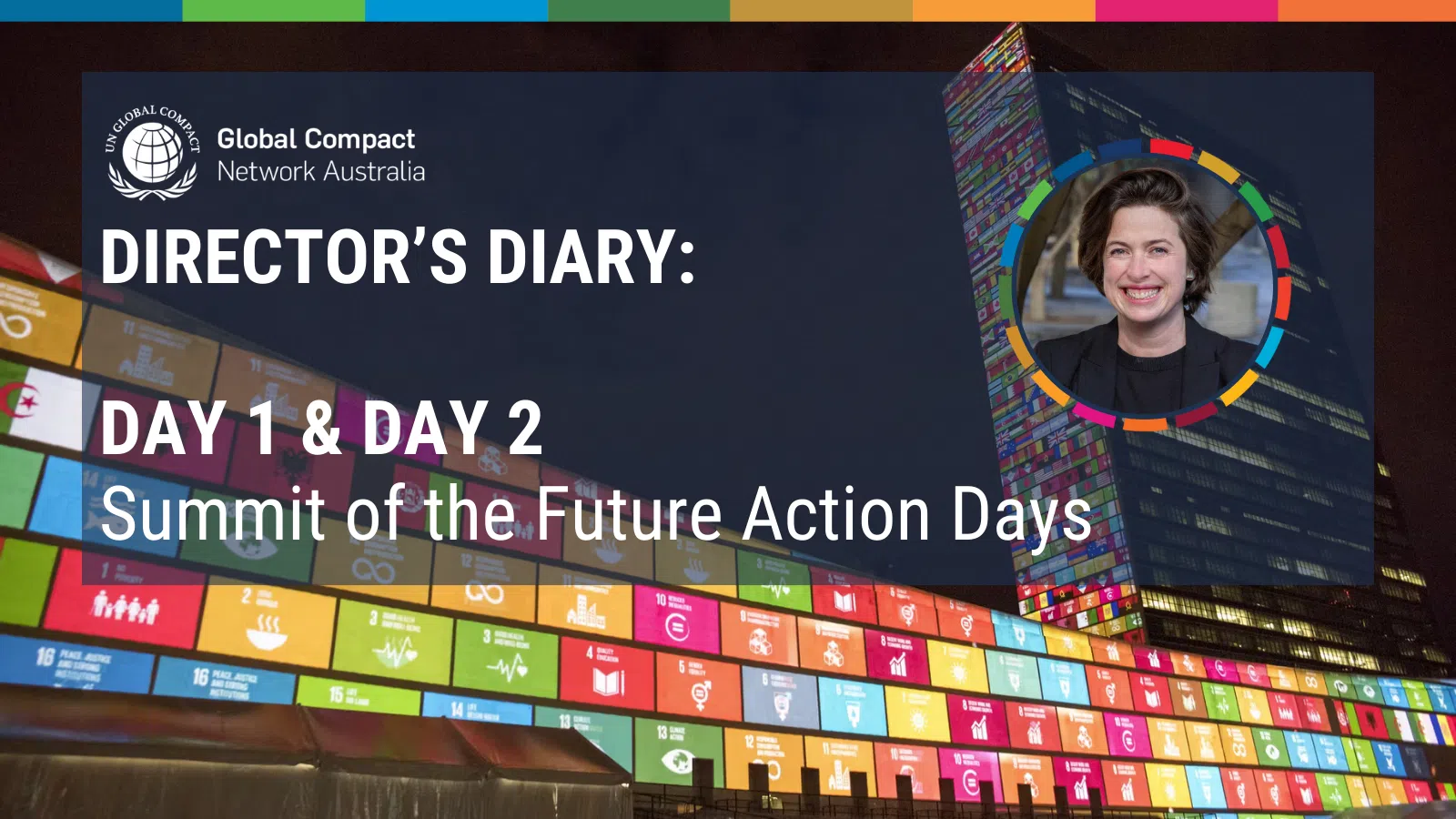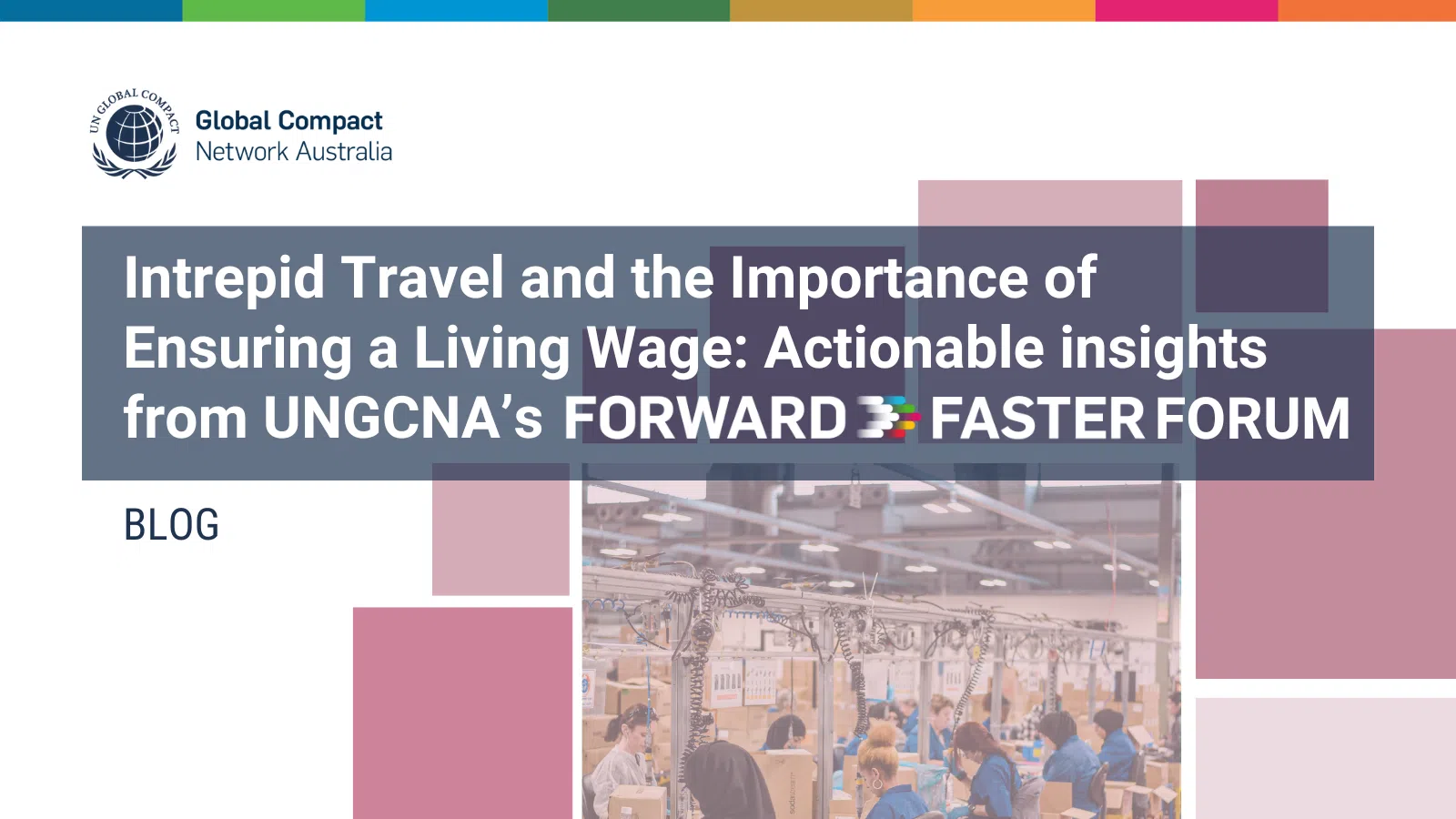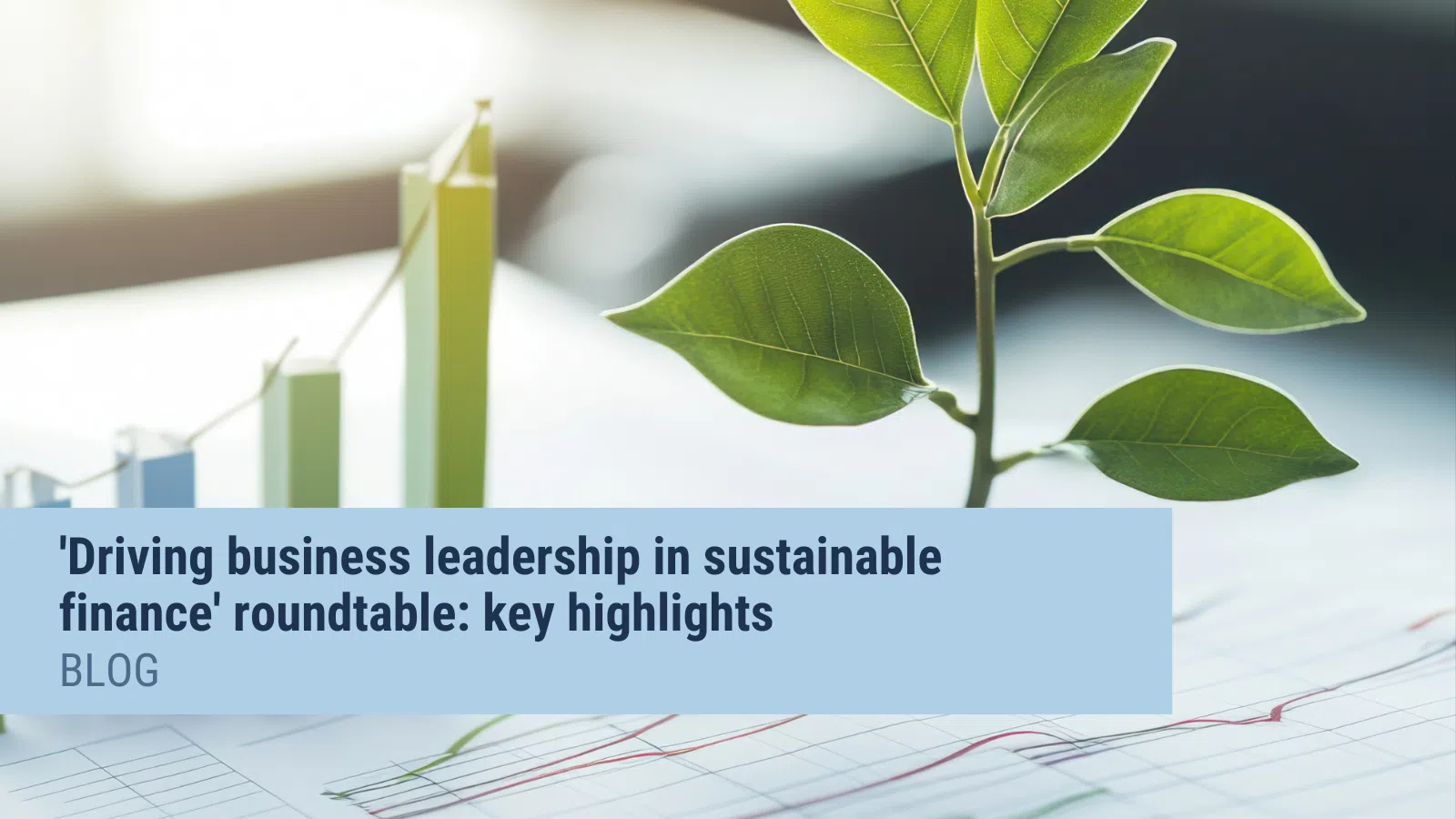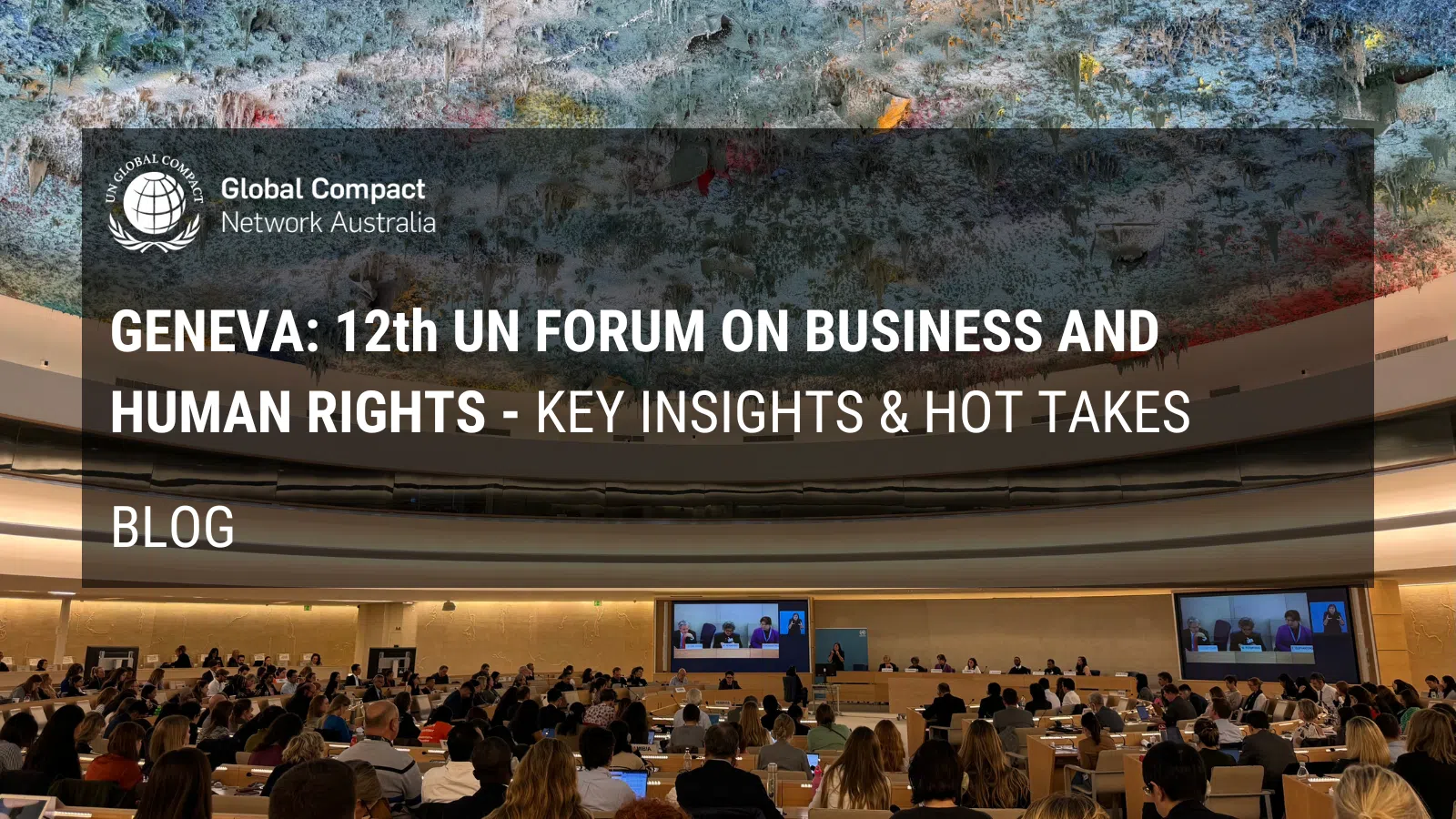
Blogs, News, Newsletter, Sustainable Development Goals
Director’s Diary part 1 – Notes from the UN General Assembly (UNGA) Week
Kate Dundas | September 23, 2024
Across 20 and 21 September, we attended the Summit of the Future Action Days held at United Nations Headquarters in New York.
The Summit of the Future Action Days brought together diverse stakeholders including representatives from UN member states, civil society, the private sector academia, local and regional authorities and youth.
They kicked off on Friday with a dedicated, youth-led afternoon followed by a Saturday programme focusing on three priority themes – digital and technology, peace and security, and sustainable development and financing.
Key takeaways:
1. Collaboration and multilateralism
A recurring theme throughout both days was the importance of collaboration. Leaders emphasised the need for the private sector to join forces with civil society, indigenous communities, and governments to deliver on the Pact for the Future. United Nations Secretary-General António Guterres reminded us that “a renewed multilateralism will not be built in a day – let’s fight for action together.”
2. Business opportunities and the Sustainable Development Goals (SDGs)
Sanda Ojiambo, Assistant Secretary-General of the United Nations and CEO of the UN Global Compact, highlighted the business potential tied to achieving the Sustainable Development Goals (SDGs). She urged us to reflect on the future we want to help create.
3. Urgency on climate and biodiversity
Oli Henman, Chair of the Major Groups and Other Stakeholder Coordination Mechanism (MGoS CM), received applause when he stressed the importance of halting new oil and gas exploration. He also emphasised the urgency of accelerating biodiversity protection and securing financing to make a real impact.
4. Concrete action for future generations
The Prime Minister of Jamaica, Andrew Michael Holness, ON PC, challenged us to move beyond lofty rhetoric, urging the adoption of clear principles and concrete actions to implement the Declaration on Future Generations. This is further explored in Policy Brief 4: Beyond Gross Domestic Product, which proposes developing new metrics to measure progress, focusing on sustaining life and human well-being rather than just GDP.
5. Long-term vision and strategic foresight
The Prime Minister of Aruba, Evelyn Wever-Croes, called for forward-thinking decisions to protect future generations, advocating for “realistic optimism” and collective action. Derek Walker, the world’s first Future Generations Commissioner from Wales, shared insights on how Wales has created a framework for delivering on “the Wales we want.”
6. Reforms to international financial architecture
Our Common Agenda Policy Brief 6 discusses reforms to the international financial system. The conversations covered the urgency of debt relief for emerging economies, the renewal of tax systems, and the role of the private sector in mobilising the $100 trillion needed for net-zero financing over the next three decades.
7. Nature transition and natural capital
Ilona Szabó de Carvalho, co-founder and president of the Igarapé Institute, reminded us of the opportunity to channel private finance into nature transition plans and price natural capital effectively.
8. Empowering youth
UN Secretary-General, António Guterres, opened day one with a strong call to action for young people, declaring that “power is never given, power is taken.” He encouraged young people to demand their rights and take an active role in shaping their countries, organisations, and the planet.
Being at the heart of the United Nations in New York, surrounded by people from all over the world brought home the importance of the UN Global Compact which is unique in the UN system as the only organisation which centers the private sector. The UN Global Compact plays a vital role in turning these ambitions into action. By mobilising the global business community to align with the Sustainable Development Goals (SDGs) and uphold responsible corporate practices, it fosters collaboration across sectors and geographies.
As we strive to address the challenges of climate change, biodiversity loss, economic inequality, and generational justice, the UN Global Compact stands as a crucial platform for driving the collective action needed to achieve a more sustainable, equitable, and resilient future for all.
Our Executive Director Kate Dundas will be attending the 79th session of the United Nations General Assembly 🌍
During her 10-day trip to New York, Kate will participate in a variety of engaging events, from the Summit of the Future and Leaders Summit to roundtables and sessions focused on progressing the SDGs.
Don’t miss out on her Director’s Diary Series – live from New York to your inbox and social media feeds!




